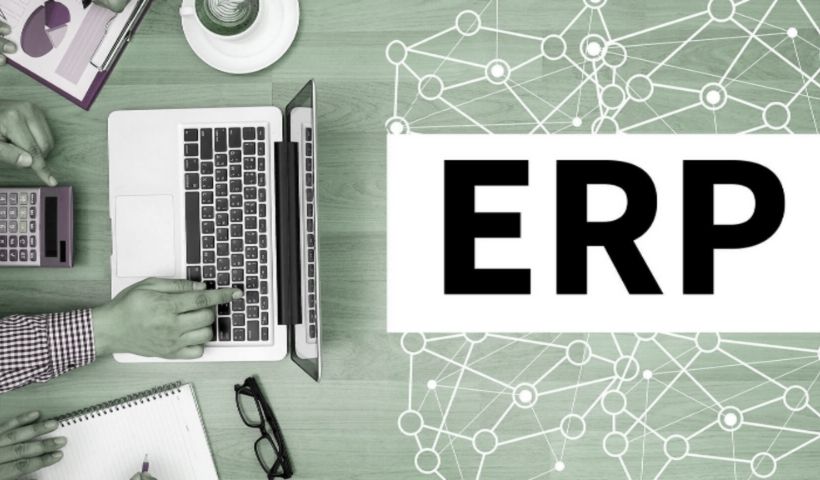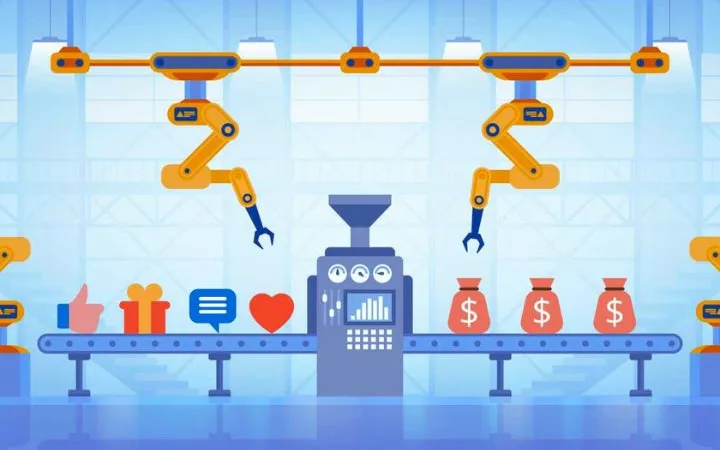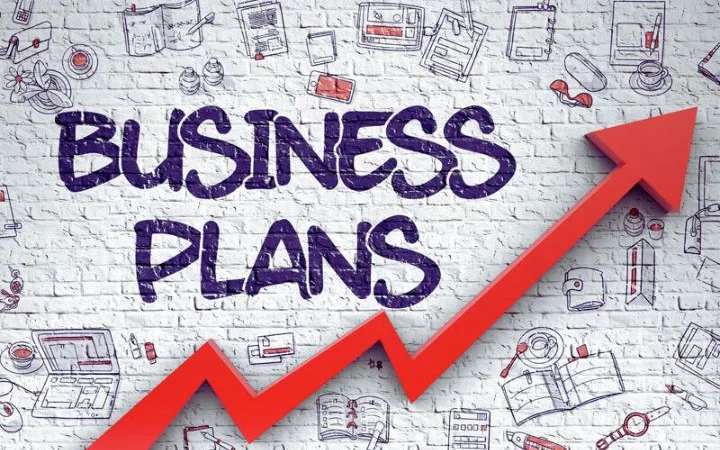10 Reasons To Implement An ERP System

An ERP or Enterprise Resource Planning is an enterprise resource planning system that focuses on the management of production, logistics, distribution, invoices and accounting. In other words, it is a computer tool designed to improve control over company processes and procedures.
The implementation of an ERP is not easy, since it affects various areas of the company and, therefore, can take several months. In addition, introducing a management software of this type supposes an economic cost that many SMEs are reluctant to assume. However, the benefits obtained after this first period of adaptation to the system offset the initial cost:
- Streamlines decision making . The ERP system is capable of centralizing and unifying all the data of the different departments of the company, in addition, both managers and middle managers have access to that information in real time. Therefore, it will be much easier to make decisions about the business, since the necessary information is available to assess all the options. In addition, it is essential to anticipate the future and plan the actions of the company in the long term.
- Flexibility . ERP systems work through modules, that is, you can implement the departments that are needed at any time and create other modules or functionalities as necessary. It is a very flexible management system.
- Avoid duplication . Thanks to ERP, each department of the company is aware of the actions being carried out by the rest of the work teams, therefore, the duplication of tasks or reports is eliminated.
- Better internal communication . In the same sense as the previous point, ERP improves internal communication between the different departments, facilitating collaborations that can be very productive.
- Customization . As mentioned, ERP systems are modular and, therefore, very flexible, this facilitates the implementation of a tool fully adapted to the characteristics of each company.
- Greater control and traceability . It allows you to track the product from start to finish, that is, from the arrival of the raw material until the item reaches the customers. In this way, when any error occurs in the production chain, it is immediately detected at what point the failure has occurred to solve it in the shortest possible time.
- Tasks are automated . Some of the more mechanical and expensive tasks that were carried out by hand (invoices, delivery notes, …) are automated and the human team can dedicate themselves to more productive functions.
- Efficiency is gained . With automation and the reduction of errors and duplications, costs are reduced and competitiveness is gained.
- Integration of suppliers and clients . If you want, you can go one step further in the ERP system and include suppliers and customers in the chain. The information obtained from these agents is of high value and allows to improve the product or service and the processes.
- All the advantages mentioned above are focused on the same objective, improving the performance of the company and, therefore, increasing profits.
Also Read : How To Choose The Best Smart TV?






